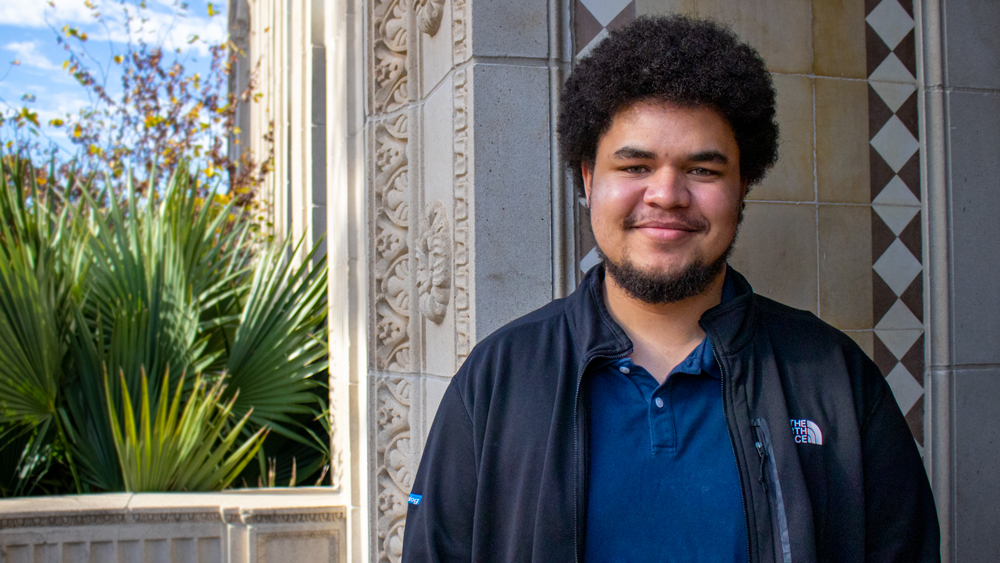
Joshua Lund, a junior in the Department of Ocean Engineering at Texas A&M University and recipient of one of the 2021 American Bureau of Shipping Scholarships, skated his way into engineering after playing hockey in Scandinavia and Canada.
Introduced to the sport by his mother as his family moved around the world for his father’s petroleum engineering career, Lund initially took to the collegiate rink at Trinity Western University in Langley, British Columbia — just outside of Vancouver — where he was also a chemistry and mathematics double major. There, he played goalie for the university hockey team.
And while hockey had become a passion, it was not his life goal.
“I wanted to become an engineer since I was in the first or second grade,” Lund said. “I’ve read my dad’s old textbooks and my grandfather’s old textbooks. And for my fluid dynamics class, I took my dad’s copy from home that I’ve read five times over. So, it’s nice to finally be doing something that I’ve been looking forward to for a long time.”
Though his initial interest started with aerospace engineering, Lund discovered that ocean engineering as a discipline is highly translatable. Additionally, having grown up in Norway, Lund often saw ships and vessels on the ocean and understood both the pitfalls and potential for the expansion of ocean engineering.
“It’s a really cool industry,” Lund expanded. “Because when you think about it, we’ve studied a wide variety of topics that can be applied in lots of ways. It could be used for a dam or boat, each with unique problems to solve.”
He said that he’s excited by the prospect of the energy transition and blue economy movements putting more emphasis on exploring the oceans and marine-related economy. Along with the industry growth revolving around ocean engineering fields, the greater focus on issues like sea levels rising and coastal preservation have also highlighted the need for engineers trained to tackle issues involving near and offshore processes.
Lund said he’d like to focus his studies and future career on underwater facilities and submarines. He recently started working alongside Dr. Mirjim Furth, assistant professor and naval architect, on research projects in her lab.
“I’m interested in the propulsion of ships, but what I really want to work on is submarines and subsea structures, like the underwater research facility off the coast of Florida on the ocean floor,” he said. “I want to look into the development of making that more standard for researchers or even for travel — developing easy transitions through pressure differentials.”